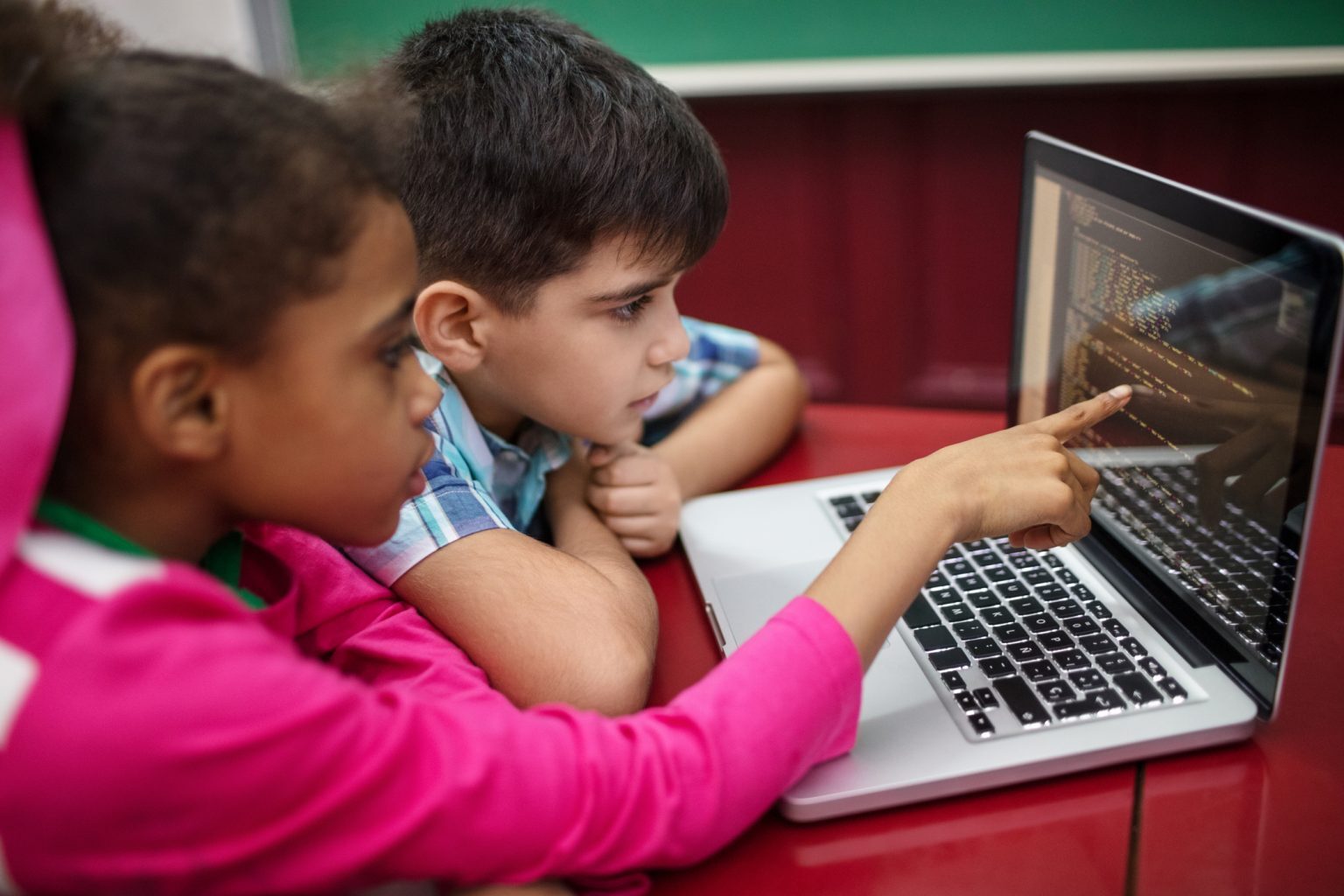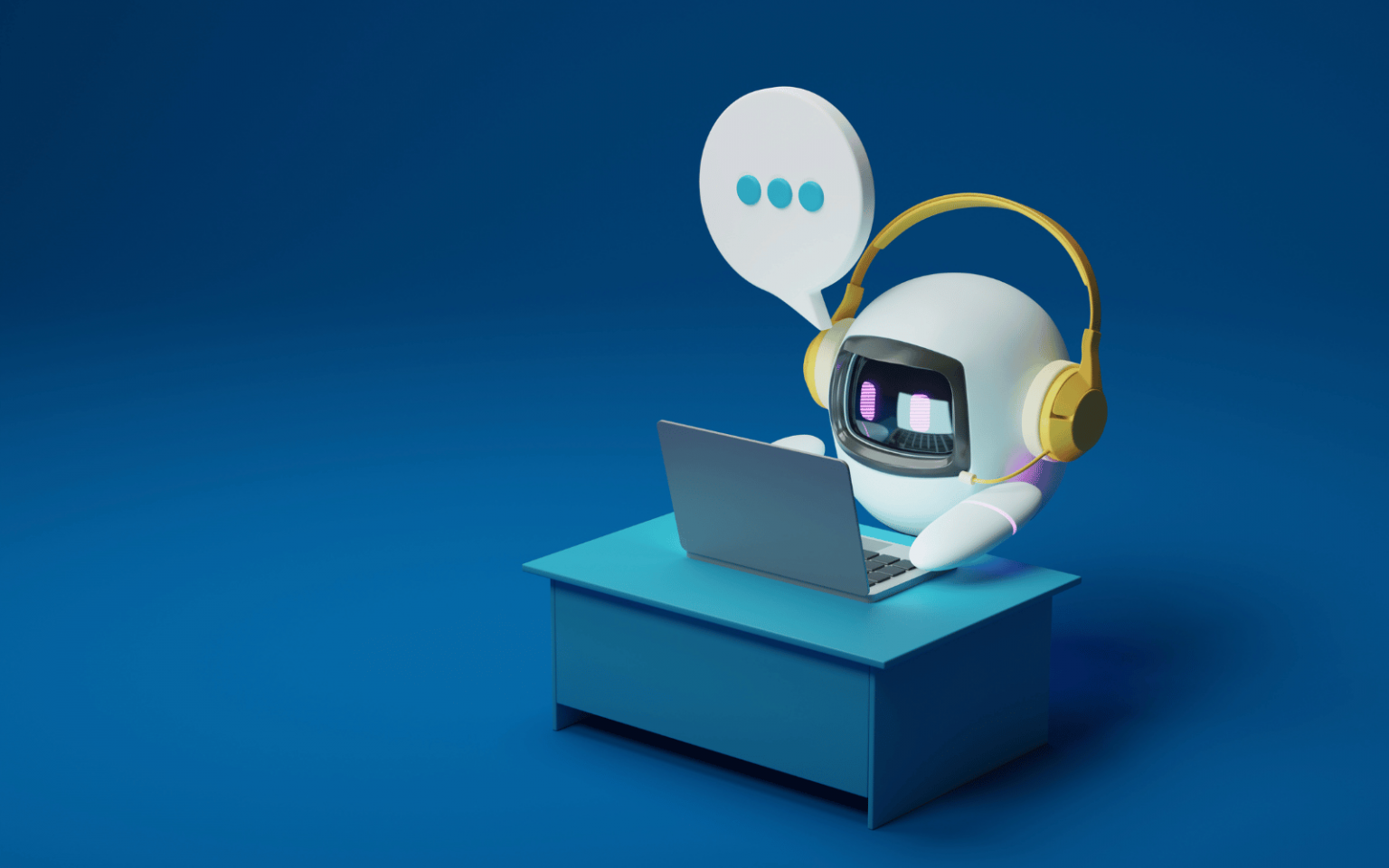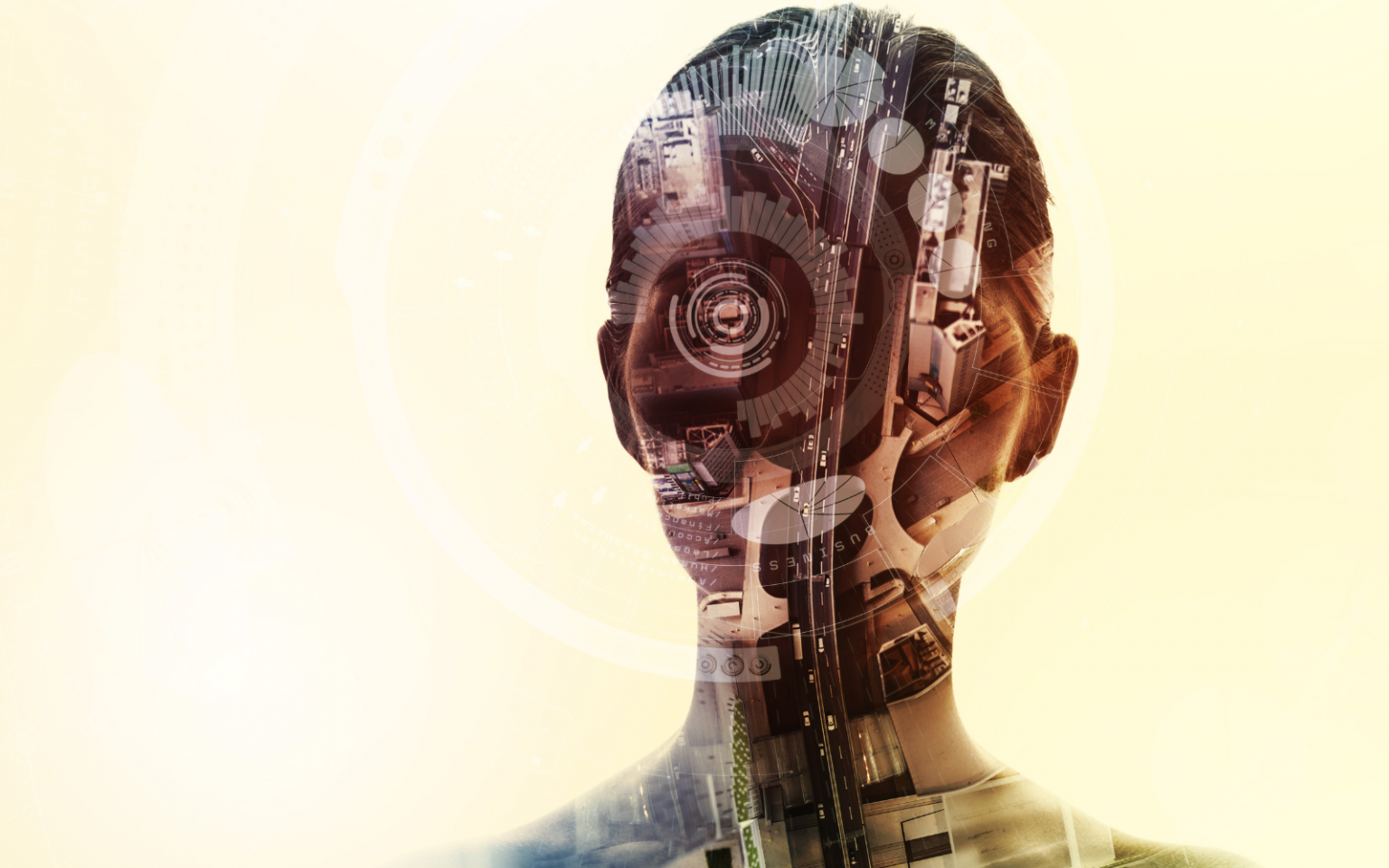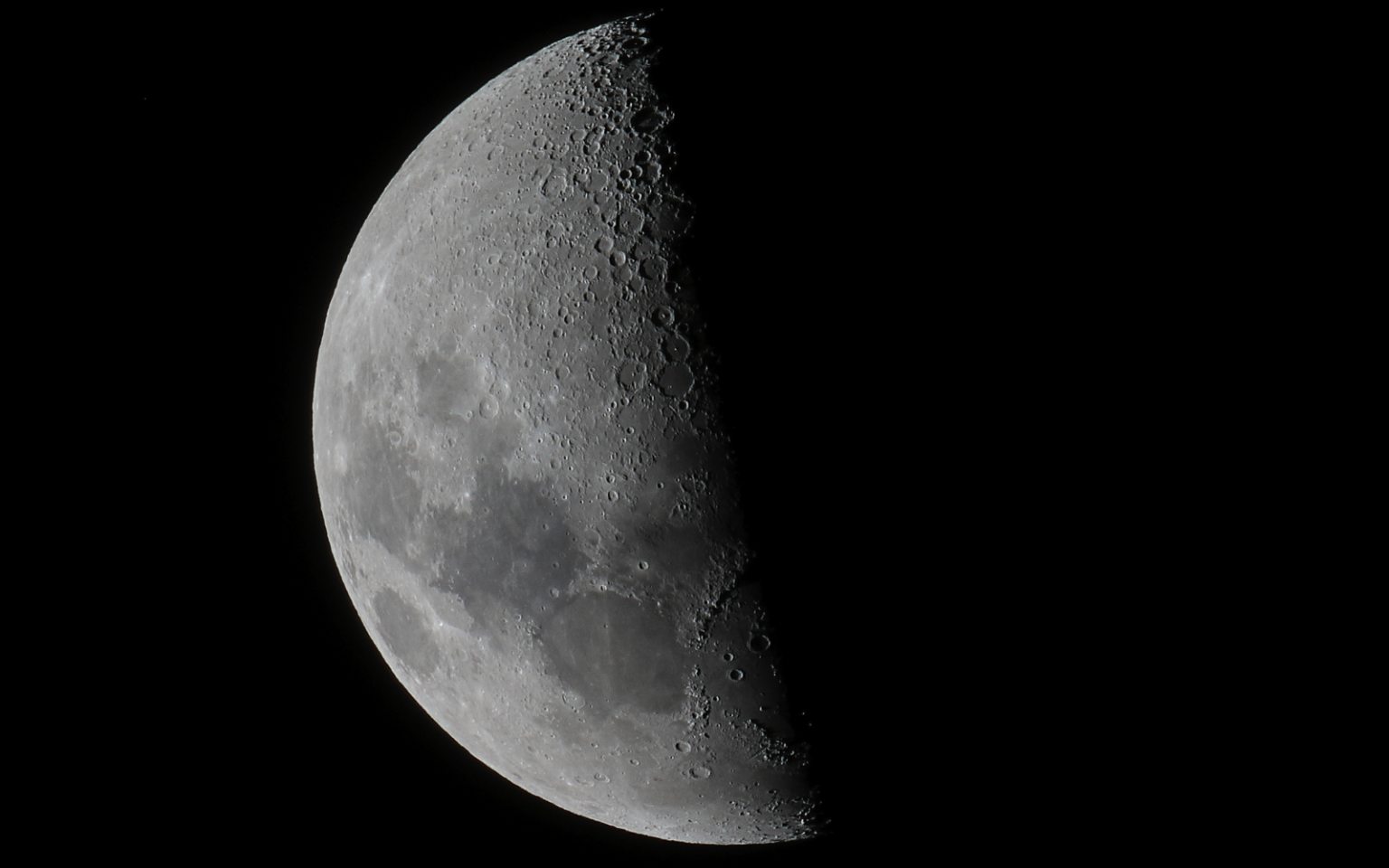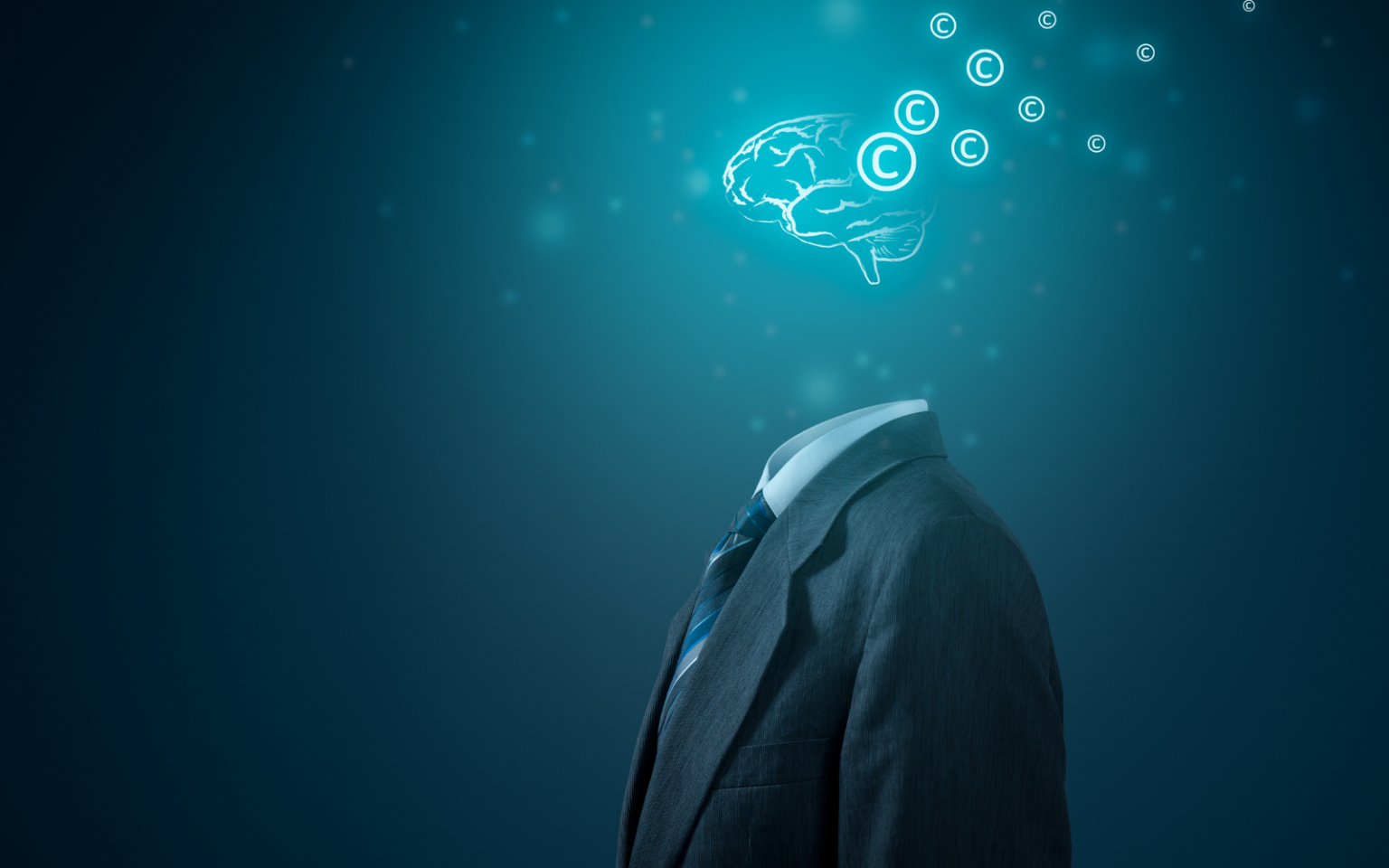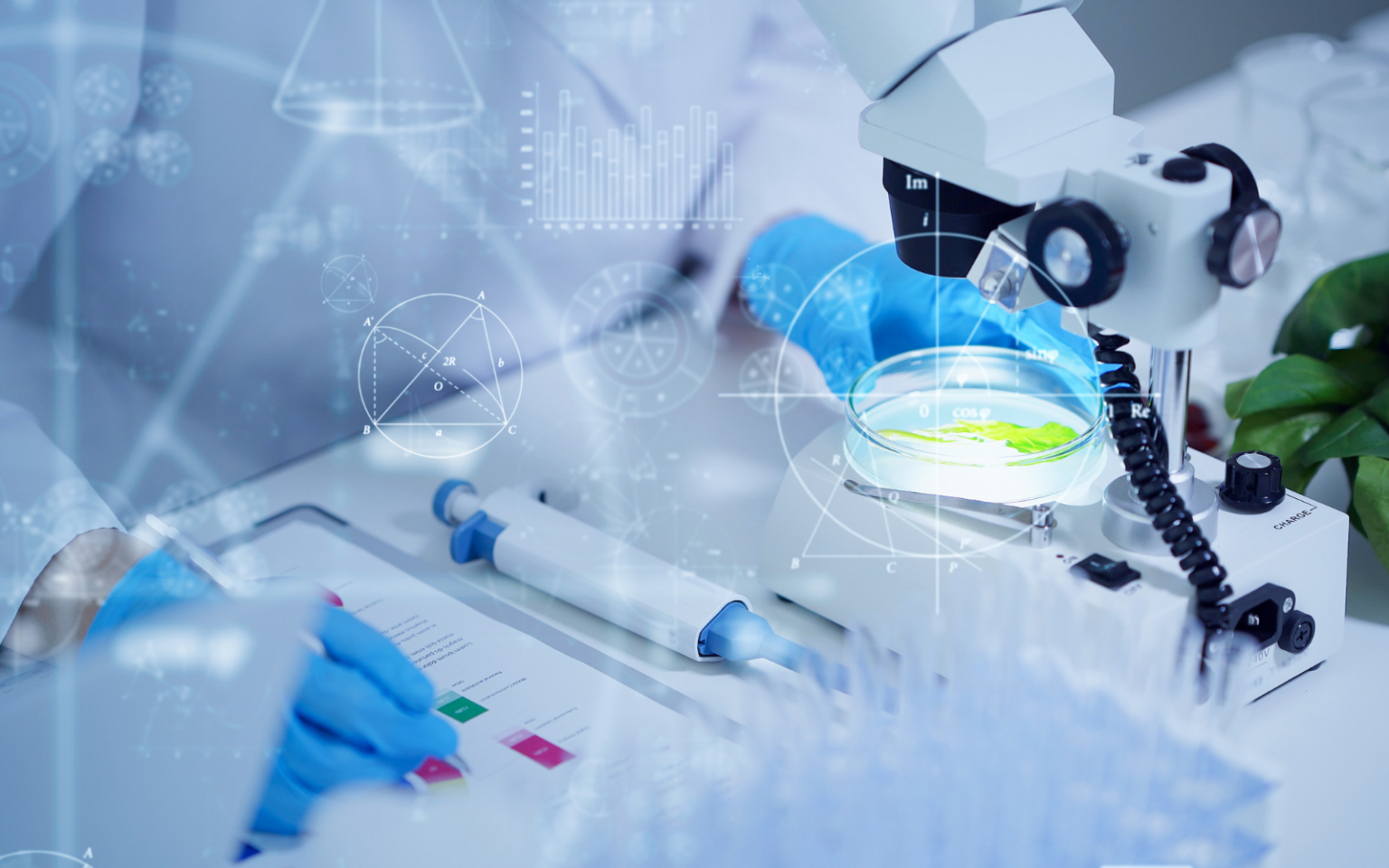How is an animal feeling at a given moment? Humans have long recognised certain well-known behaviours like a cat hissing as a warning, but in many cases we’ve had little clue of what’s going on inside an animal’s head. Now we have a better idea, thanks to a Milan-based researcher who has developed an AI model that he claims can detect whether their calls express positive or negative emotions. Stavros Ntalampiras’s deep-learning model, which was published in Scientific Reports, can recognise emotional tones across seven species of hoofed animals, including pigs, goats and cows. The model picks up on shared features of…
Author: The Conversation
For the past half-century, the jobs that have commanded the greatest earnings have increasingly concentrated on knowledge work, especially in science and technology. Now with the spread of generative artificial intelligence (AI), that may no longer be true. Employers are beginning to report their intent to replace certain white-collar jobs with AI. This raises questions over whether the economy will need as many creative and analytic workers, such as computer programmers, or support as many entry-level knowledge economy jobs. This shift matters not just for workers but for K-12 teachers, who are accustomed to preparing students for white-collar work. Families, too, are concerned about the skills their children will…
Portable air cleaners aimed at curbing the indoor spread of infections are rarely tested for how well they protect people – and very few studies evaluate their potentially harmful effects. That’s the upshot of a detailed review of nearly 700 studies that we co-authored in the journal Annals of Internal Medicine. Many respiratory viruses, such as COVID-19 and influenza, can spread through indoor air. Technologies such as HEPA filters, ultraviolet light and special ventilation designs – collectively known as engineering infection controls – are intended to clean indoor air and prevent viruses and other disease-causing pathogens from spreading. Along with our…
Grok is a generative artificial intelligence (genAI) chatbot by xAI that, according to Elon Musk, is “the smartest AI in the world.” Grok’s latest upgrade is Ani, a porn-enabled anime girlfriend, recently joined by a boyfriend informed by Twilight and 50 Shades of Grey. This summer, both xAI and OpenAI launched updated versions of their chatbots. Each touted improved performance, but more notably, new personalities. xAI introduced Ani; OpenAI rolled out a colder-by-default GPT-5 with four personas to replace its unfailingly sycophantic GPT-4o model. Similar to claims made by Google DeepMind and Anthropic, both companies insist they’re building AI to “benefit all humanity” and “advance human comprehension.” Anthropic claims, at least…
Earlier this month, when OpenAI released its latest flagship artificial intelligence (AI) system, GPT-5, the company said it was “much smarter across the board” than earlier models. Backing up the claim were high scores on a range of benchmark tests assessing domains such as software coding, mathematics and healthcare. Benchmark tests like these have become the standard way we assess AI systems – but they don’t tell us much about the actual performance and effects of these systems in the real world. What would be a better way to measure AI models? A group of AI researchers and metrologists – experts in…
In a bold, strategic move for the U.S., acting NASA Administrator Sean Duffy announced plans on Aug. 5, 2025, to build a nuclear fission reactor for deployment on the lunar surface in 2030. Doing so would allow the United States to gain a foothold on the Moon by the time China plans to land the first taikonaut, what China calls its astronauts, there by 2030. Apart from the geopolitical importance, there are other reasons why this move is critically important. A source of nuclear energy will be necessary for visiting Mars, because solar energy is weaker there. It could also help establish a lunar base and…
Once, a university degree was widely seen as a “ticket” to securing high-paying jobs and social mobility. Now, as artificial intelligence (AI) promises to revolutionise the labour market, it’s university students and recent graduates who face some of the greatest uncertainty. How do you pick a major or a career when it isn’t obvious what jobs will even exist in 10 years’ time? Back in May, the chief executive of the AI company Anthropic, Dario Amodei, claimed AI could eradicate half of all entry-level white collar jobs over the next five years. At this stage, it’s still up for debate whether AI will lead…
Pick up an August 2025 issue of Vogue and you’ll come across an advertisement for the brand Guess featuring a stunning model. Yet tucked away in small print is a startling admission: She isn’t real. She was generated entirely by AI. For decades, fashion images have been retouched. But this isn’t airbrushing a real person; it’s a “person” created from scratch, a digital composite of data points, engineered to appear as a beautiful woman. The backlash to the Guess ad was swift. Veteran model Felicity Hayward called the move “lazy and cheap,” warning that it undermines years of work to promote diversity. After…
It’s the defining technology of an era. But just how artificial intelligence (AI) will end up shaping our future remains a controversial question. For techno-optimists, who see technology improving our lives, it heralds a future of material abundance. That outcome is far from guaranteed. But even if AI’s technical promise is realised – and with it, once intractable problems are solved – how will that abundance be used? We can already see this tension on a smaller scale in Australia’s food economy. According to the Australian government, we collectively waste around 7.6 million tonnes of food a year. That’s about 312 kilograms…
Researchers from the Massachusetts Institute of Technology (MIT) have used artificial intelligence (AI) to design two new antibiotics effective against antibiotic-resistant bacteria, or “superbugs”. This is a potentially exciting development, but it’s important to note there are several hurdles to overcome before we might see these antibiotics used in the real world. And if this eventuates, it’s likely to be some years away. So how did the researchers harness AI to develop these antibiotics? Which superbugs will they target? And what happens next? Antibiotic resistance is a global health threat Frequent overuse of antibiotics in medicine and agriculture has led to the evolution of…


